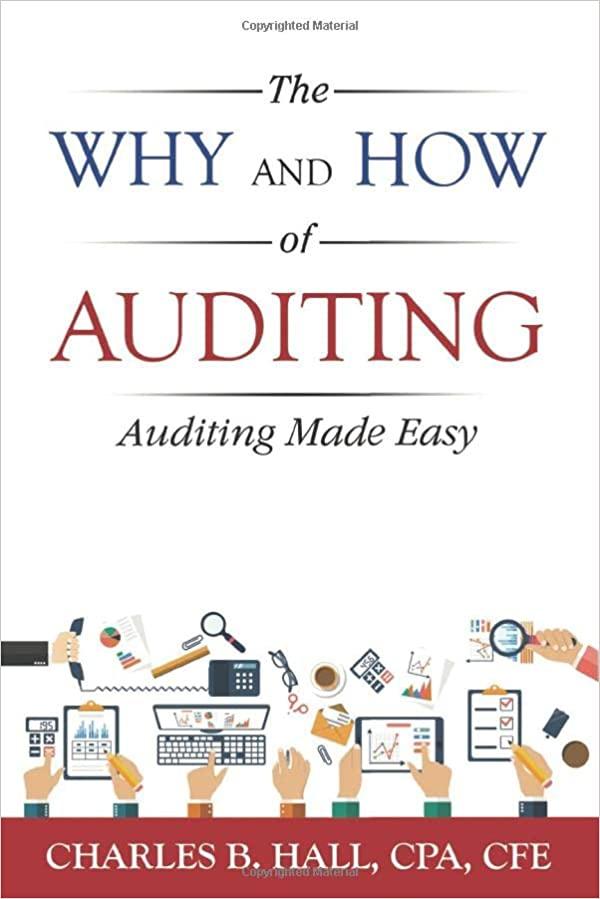case,Hernandez v. Hillsides, Inc., raises the issue of invasion of privacy, with the installation of surveillance equipment. There are ethical questions at the end of the scenario. Draw conclusions, and your opinions, and give reasons to support your conclusions. 
In Hemandez r. Hillsidex Inc, 211 P.3d 1063 (Cal. 2009), the Supreme Court of California considered an invasion of privacy case arising out of the defendants' instaltation of a video surveillance system in an office shared by the plaintiff. The defendants were the director of a residential facility for abused children and the two companies that operaied the facility. The two plaintiffs were employees at the facility. The defendant director had the video surveillance system installed in the plaintiff' office without their knowledge be cause of reports from the defendants' computer technician that someone-evidently neither of the plaintiffs-had been accessing pornographic websites at night from one of the computers in the plaintiffs office. The defendants activated the surveillance system only at night and after the plaintiffs' repular work hours had ended for the day. The plaintiffs were sot depicted in any of the video generated. Although no indi. vidual was identifled as the person who accesied potnographic websites, such accessing appeared to cease within roughly a month of the surveillance system's installation. The defendants therefore stopped using the system. After the plaintiffs leamed of the system's existence and opcration, the director apologized for not having informed them and explained his rationale for using the sysem. The apology and ceplanation did not satisfy the plaintifls, who sued on the theory that the fucts constituted an unlawful intn. sion on solitude. The trial court eranted summary judgmest in favot of the defendants, bet the California Court of Appeal reversed, holdins that the plaintiffs had a reasonable expecta: tion of privacy in their office and that the defendants actions would have been highly offensive to a reasonable person. The Supreme Court of California, however, reversed and directed that summany jadement be entered in favor of the defendants. Alibough the Supreme Cour recognized that the plaintifs possessed a privang interest in regard to their offee, the coun concluded that ander the cifcumsances, the intrasion at isse would not have been highly offensive to reasonable persons. The surveillance was conducted for a limiled period of time and only at night, and thus was suitably tailored to important rationales finding out who was misusing the computers and protecting minon at the facility against someone who might pose a danger to them. The fact that courts at different leveb of the revies process in Hernandes divereed on tbe appropriate analysis indt. cates the sensitive interests at stake when privacy interests and countervailing considerations coene into conflict in an employ. ment setting. Now consider relevant ethical questions that po bejond the pure iegal issues facing the courts in Hernandes and similar cases. Give some tbought, for instance, to these questions - Whes employers seek to monitar employees' actions thruagh a video surveillance system, are there ethical obligations that constrain-or should constraip-emplojers? if so, what are those obligations, and how are they sativicd? Doss it matter whether the employers have reason to suspect wonguloing on the part af employees? Does at matter sty the employen decide to use such a sysiem? - In the situation that lod to the plaintiffs lawseir in Henaun dra. did the defendants act cthically in not informing the plaintifs about the video sureillance ssaten? If the defen: dants had informed the plaintifi of the plen to install the system but the plaistiofs objected, mould it have been ethical for the defendants to proceed with the invtallation of the sysiem abyway? - If an cmployer cans the compenter in enplegecs' affices and the emploger operates the network or systes or which those machines ars a part is it etweal for the conploper to enpape in ecret monitoring of employses use of the conowien' is it ethical for the cmployer to motilior emploges' enair Be prepated wo discusr the above questions asd the reusons for the canclations you dran








